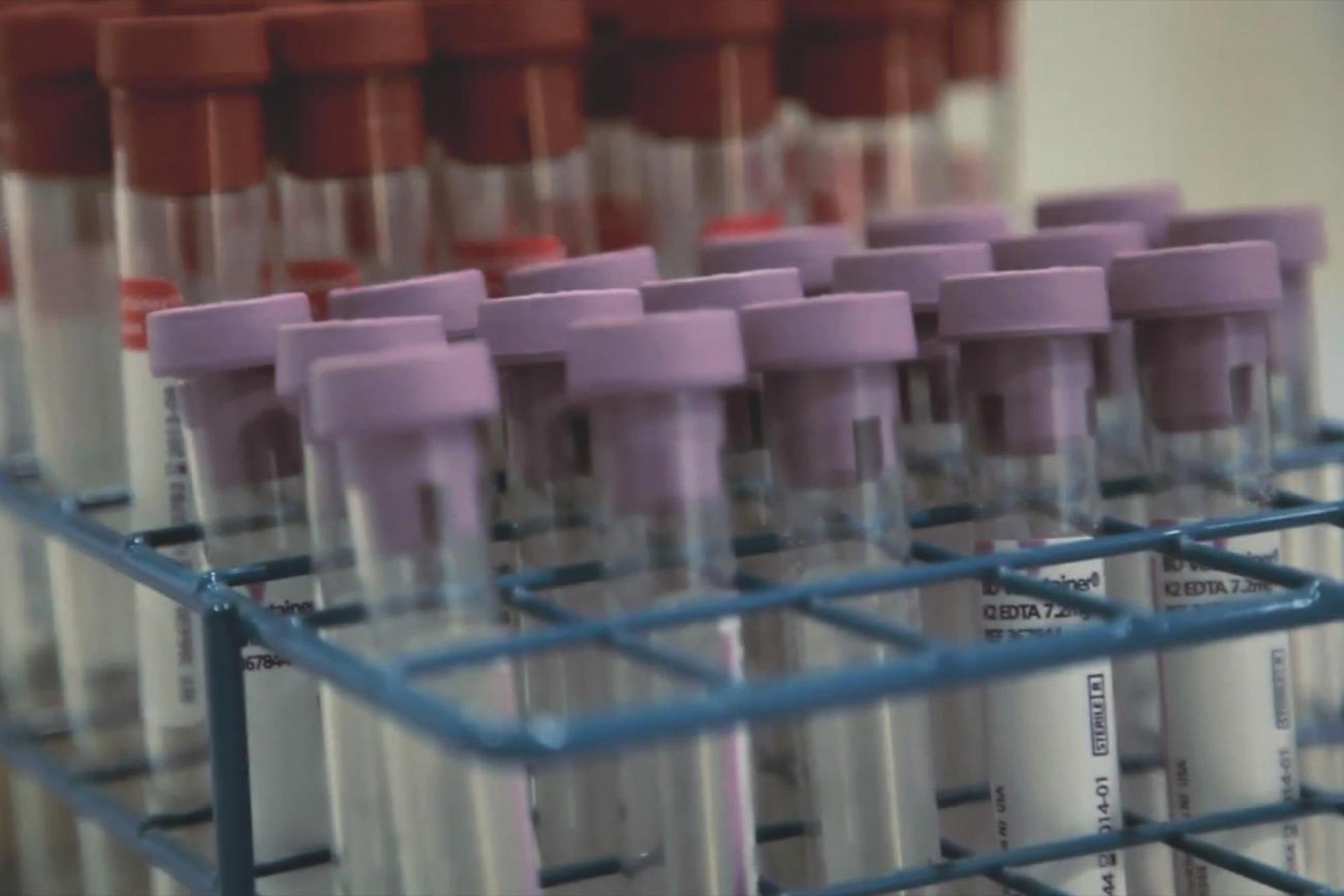FDA Grants 23andMe Approval to Sell Test for Rare Genetic Condition It's a small but definite step towards 23andMe's goal of selling DNA kits again.
By Laura Entis
Opinions expressed by Entrepreneur contributors are their own.

In 2013, 23andMe was delivered a crushing blow when the FDA ordered the genomics startup to stop selling its DNA testing kits to the public.
Up until that point, the company had been analyzing consumers' personal genomes, sent via mail-in spit kits, in order to provide detailed summaries of their genetic risk for a host of common diseases; with the FDA's ban, overnight the company became a glorified version of Ancestry.com.
Now, the FDA is easing its position, if ever so slightly, having granted 23andMe permission to sell a genetic test for makers of Bloom syndrome, a rare genetic disorder characterized by sun-sensitivity, short stature and an increased risk of cancer.
Related: 23andMe's Database of Genetic Information Is Going to Make It Lots of Money
As 23andMe cofounder Anne Wojcicki notes in a blog post announcing the news, this marks the first time the FDA has approved the marketing of a "direct-to-consumer" genetic test. Taken alone, it's a small step, but it is also points to a possible larger shift in the way the FDA may approach the marketing of additional tests for genetic diseases in the future.
The FDA's decision "gives 23andMe a regulatory framework for future submissions," Wojcicki writes. "While this authorization is for a single carrier status test only, we are committed to providing US customers with health information once more tests have been through this process and we have a more comprehensive product offering."
Related: In Taking Aim at 23andMe, Regulators Missed the Mark










